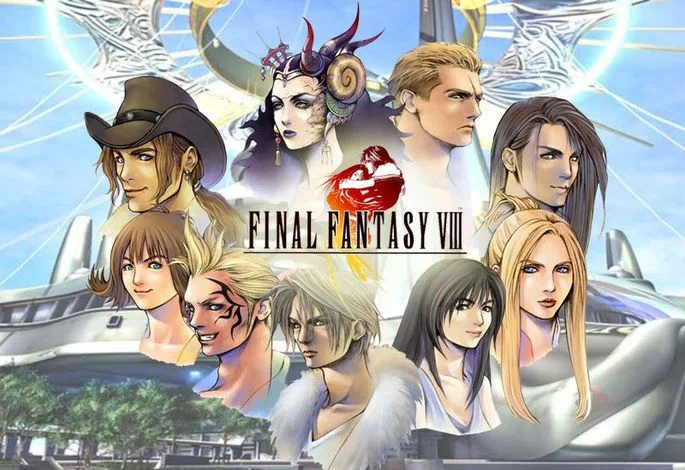A few months ago I found myself buying (and playing) the Sega Ages version of Out Run on Switch. It’s a great port with some interesting new features, and it made me appreciate the game all over again. Eventually I found myself doing some historical research on the game to learn more about its development and legacy.
Unfortunately, this was easier said than done. My search results were dominated not by Out Run, but by …. Outrun.
As far as I can tell, “Outrun” is the name of both a subgenre of synth music, and a surrounding subculture. According to the Outrun subreddit’s description, Outrun is:
Dedicated to the synthwave music scene, a revisionist 80s music style of synthesizers and pulsing beats, and the retrofuturist 80s aesthetic of fast cars, neon lights and chrome. → PaReader the Reader








